Sustainable Water Conservation: Tips for Responsible Usage
Welcome to our exploration of the fascinating and vital world of sustainable water conservation. Water, often called the essence of life, is a resource we frequently take for granted. It's as fundamental to our existence as the air we breathe, yet its availability and quality are under increasing threat from a variety of factors. In this post, we'll delve into what sustainable water conservation means, why it's crucial for our planet and future generations, and how we can each play a part in using this precious resource responsibly. So, grab a glass of water (mindfully, of course!), and let's dive in.
Understanding Sustainable Water Conservation
At its core, sustainable water conservation involves managing our water resources to meet current needs without compromising the ability of future generations to meet theirs. This includes protecting the natural environment, ensuring that water remains clean and accessible, and using water efficiently daily.
Sustainable water conservation isn't just about turning off the tap while brushing your teeth, although that's certainly a good start. It encompasses a broad range of practices and policies designed to manage water resources holistically. This means looking at everything from the infrastructure we use to distribute water to the way we handle wastewater and stormwater.
The Importance of Water Conservation
The significance of water conservation cannot be overstated. Here are a few compelling reasons why it matters:
1. Limited Resource:
Even though water covers about 71% of
the Earth's surface, only 3% is freshwater, and just a fraction is accessible for human use. With the global population growing, the demand for
this limited resource is increasing.
2. Climate Change:
Climate change is altering weather patterns,
leading to more frequent and severe droughts in some areas and flooding in
others. These changes are putting additional pressure on our water resources.
3. Ecosystem Health:
Freshwater ecosystems, including rivers, lakes,
and wetlands, are among the most biologically diverse environments on Earth.
However, they're also some of the most threatened due to water extraction,
pollution, and habitat destruction.
4. Economic Impact:
Water is essential for industries ranging from
agriculture to manufacturing. Efficient water use can reduce costs and increase
sustainability for businesses.
5. Social Justice:
Access to clean water is a fundamental human
right. However, millions of people around the world still lack reliable access
to safe drinking water. Sustainable water practices can help bridge this gap.
Key Aspects of Sustainable Water Conservation
Now that we understand why water conservation is crucial, let's explore some key aspects and strategies for achieving it.Efficient Water Use
Using water efficiently means using the minimum amount necessary to accomplish a task. Here are some practical tips:1. Fix Leaks:
A small drip from a leaky faucet can waste gallons of water over time. Regularly check and repair any leaks in your home.
2. Install Low-Flow Fixtures:
Low-flow showerheads, faucets, and toilets
use significantly less water without sacrificing performance.
3. Smart Landscaping:
Choose drought-resistant plants and use mulch to
retain soil moisture. Water your garden during the cooler parts of the day to
minimize evaporation.
Water Recycling and Reuse
Water recycling involves treating wastewater and reusing it for purposes such as irrigation, industrial processes, and even drinking water. This reduces the demand for fresh water and decreases the amount of wastewater that needs treatment.
Greywater Systems:
These systems collect water from showers, sinks,
and washing machines (excluding toilets) and reuse it for irrigation and other
non-potable uses.
Rainwater Harvesting:
Collecting and storing rainwater for later use
can reduce the strain on municipal water supplies and lower your water bill.
Protecting Water Quality
Keeping our water sources clean is essential for sustainable water management. Pollution from agricultural runoff, industrial discharges, and urban development can contaminate water supplies, making them unsafe for human use and harmful to ecosystems.
1. Reduce Chemical Use:
Minimize the use of pesticides, herbicides, and
fertilizers in your garden. Opt for organic alternatives when possible.
2. Proper Disposal of Hazardous Materials:
Never pour chemicals, oils,
or medications down the drain. Use designated disposal facilities instead.
3. Maintain Septic Systems:
If you have a septic system, ensure it's
regularly inspected and maintained to prevent leaks and groundwater
contamination.
Community and Policy Engagement
Effective water conservation often requires collective action and supportive policies. Get involved in your community and advocate for water-friendly policies.
1. Support Local Initiatives:
Participate in community clean-up events and support local water conservation projects.
2. Stay Informed:
Keep up to date with water-related issues in your area. Attend public meetings and voice your support for sustainable water management practices.
3. Advocate for Change:
Encourage local governments and businesses to adopt water-efficient practices and invest in sustainable infrastructure.
Real-Life Examples and Success Stories
To illustrate the impact of sustainable water conservation, let's look at some inspiring examples from around the world.Singapore's Water Management
Singapore is a global leader in water management. Faced with limited natural water resources, the city-state has implemented a comprehensive strategy known as the Four National Taps:1. Local Catchment Water: Maximizing the collection of rainwater through an extensive network of drains, canals, and reservoirs.
2. Imported Water: Long-term agreements with neighbouring Malaysia to import water.
3. NEWater: Highly treated reclaimed water meets up to 40% of Singapore's current water needs.
4. Desalinated Water: Using advanced technology to convert seawater into potable water.
This integrated approach ensures a diversified and resilient water supply for Singapore's population.
Cape Town's Day Zero Campaign
In 2018, Cape Town, South Africa, faced an unprecedented water crisis due to prolonged drought. The city launched the "Day Zero" campaign, warning that taps could run dry if water usage wasn't drastically reduced. Through aggressive water-saving measures, public awareness campaigns, and innovative solutions like waterless urinals and desalination plants, Cape Town successfully averted Day Zero and significantly reduced its water consumption.Agricultural Innovations in Israel
Israel, a country with scarce water resources, has become a pioneer in agricultural water efficiency. The widespread adoption of drip irrigation technology, which delivers water directly to the roots of plants with minimal waste, has revolutionized farming in arid regions. Additionally, Israel treats and reuses more than 80% of its wastewater for agricultural purposes, setting a global standard for water recycling.Personal Anecdotes: Making Water Conservation Relatable
Sometimes, the best way to understand the importance of water conservation is through personal stories. Here are a couple of anecdotes to bring the topic closer to home:A Simple Change at Home
Several years ago, I noticed a small leak in my bathroom sink. Initially, I didn't think much of it, but when I finally got around to fixing it, I was amazed to learn that the steady drip had wasted over 500 gallons of water in just a few months. That experience was a wake-up call and prompted me to be more vigilant about water use in my daily life. Now, I regularly check for leaks and have installed low-flow fixtures throughout my home.Community Efforts in Action
In my hometown, a local community group organized a river clean-up event. Volunteers from all walks of life came together to remove trash and debris from the riverbanks. The event not only improved the local environment but also raised awareness about the importance of keeping our water sources clean. Seeing the collective effort and the tangible impact we made was incredibly inspiring and reinforced the idea that every small action counts.Tips for Responsible Water Usage
Here are some practical tips you can incorporate into your daily routine to conserve water and contribute to a more sustainable future:1. Shorten Your Showers: Reducing your shower time by just a few minutes can save gallons of water.
2. Turn Off the Tap: While brushing your teeth or washing dishes, turn off the tap to avoid unnecessary water flow.
3. Full Loads Only: Run dishwashers and washing machines only when full to maximize efficiency.
4. Use a Broom, Not a Hose: When cleaning driveways or sidewalks, use a broom instead of a hose to save water.
5. Cover Pools: Covering your pool when not in use reduces evaporation and the need for frequent refills.
6. Collect and Reuse: Place a bucket in your shower to collect water while it warms up. Use this water for plants or cleaning.
Conclusion: The Ripple Effect of Water Conservation
Sustainable water conservation is not just a buzzword; it's a critical practice that affects every aspect of our lives. By understanding the importance of water conservation and implementing responsible usage habits, we can make a significant impact on our environment, economy, and society. As we've explored, there are countless ways to contribute to water conservation, from simple actions at home to larger community and policy initiatives. Every drop counts and each one of us has a role to play in ensuring that our water resources remain available and clean for future generations.
Let's continue this journey together, staying curious, informed, and proactive about sustainable water conservation. Share your own tips and stories, get involved in your community, and encourage others to join the cause. Remember, the ripple effect of our collective efforts can create a wave of positive change.
Thank you for taking the time to explore this crucial topic with us. Here's to a future where responsible water usage is second nature and our planet thrives as a result. Cheers!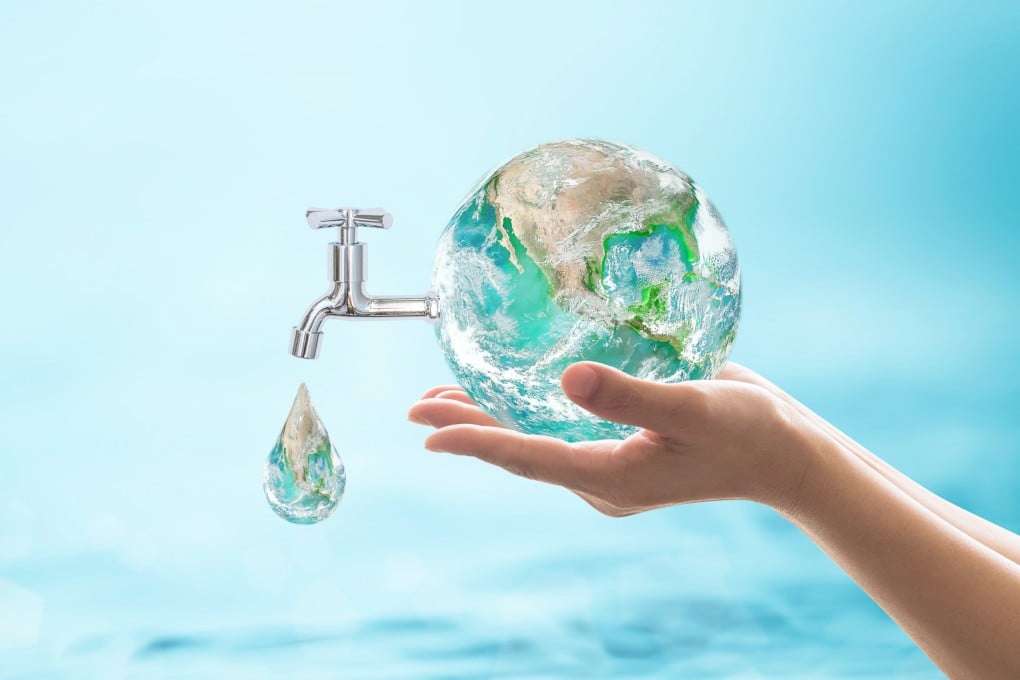


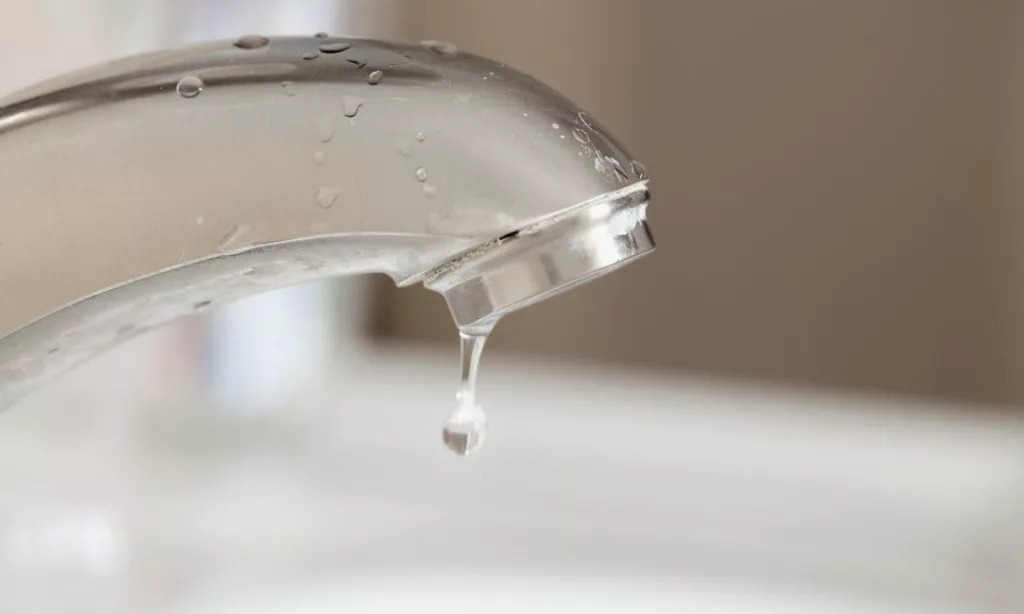

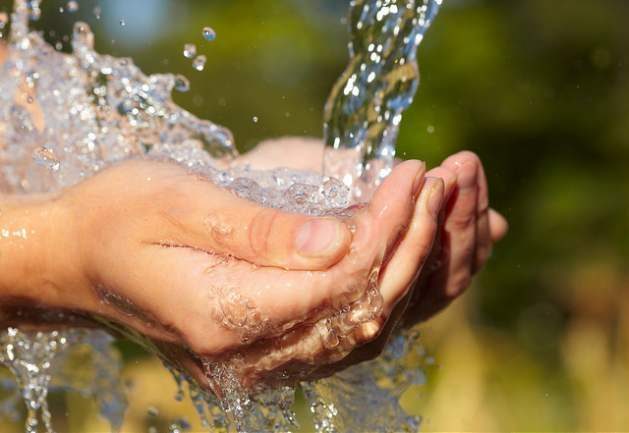
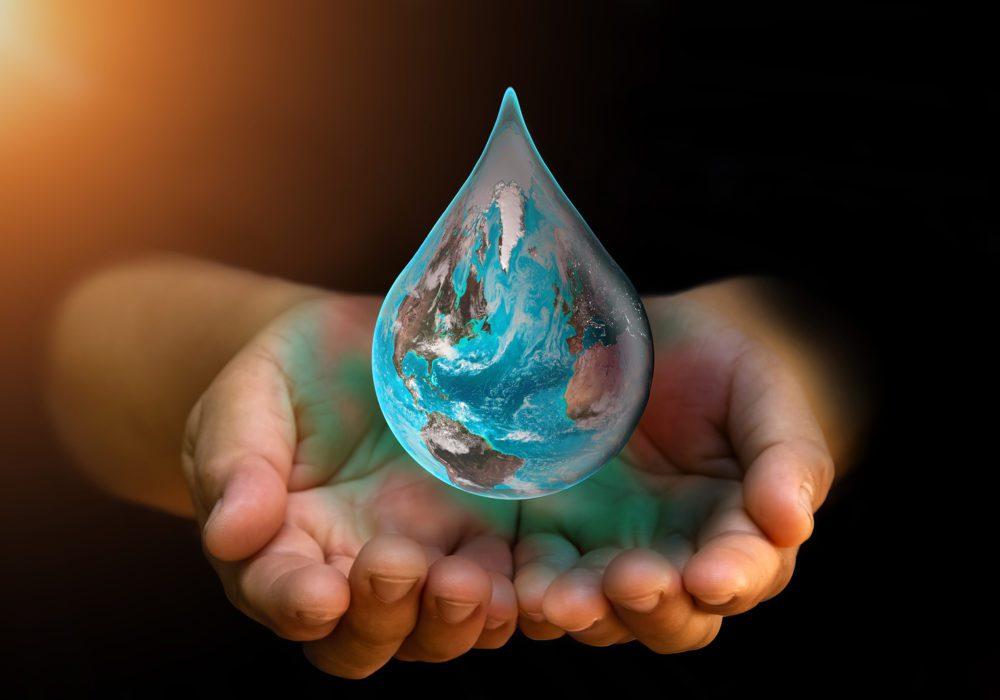
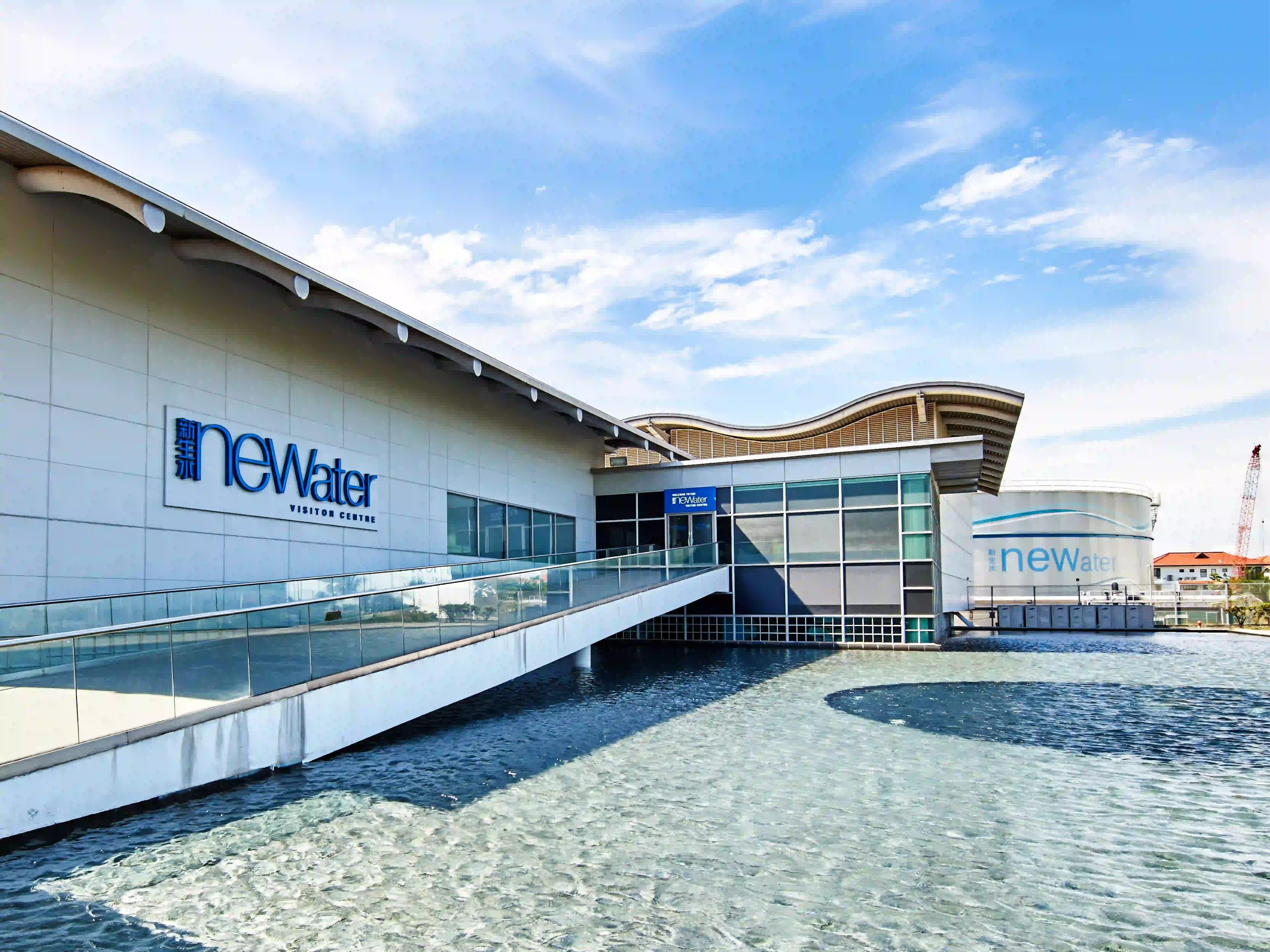

Comments
Post a Comment